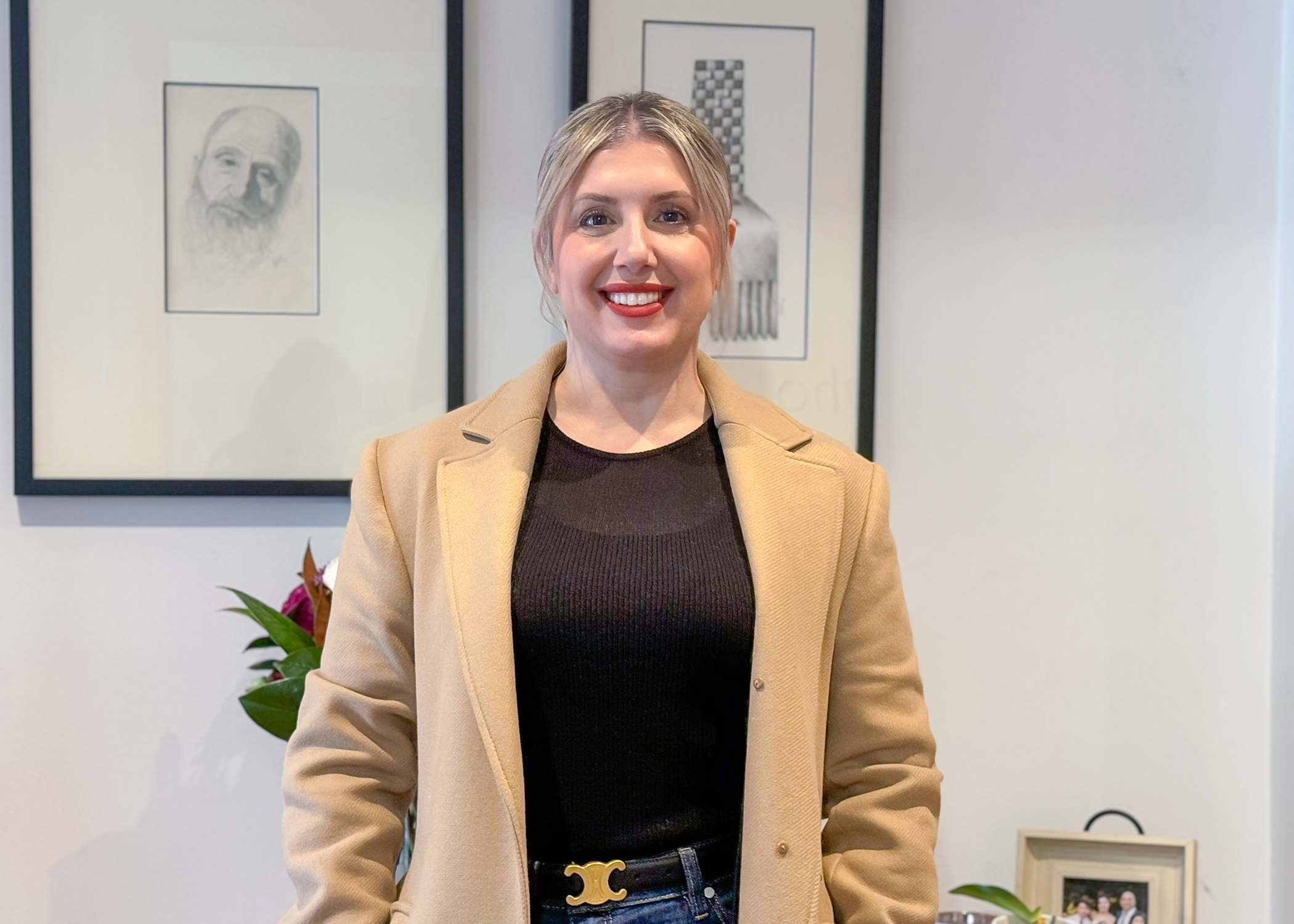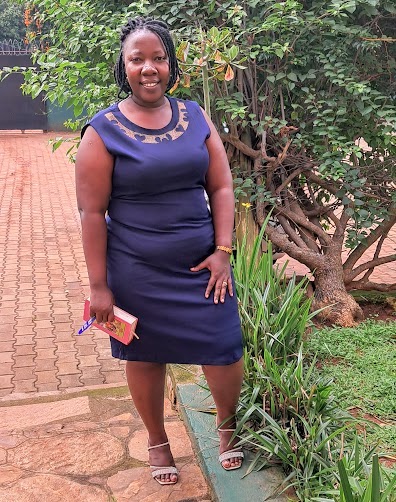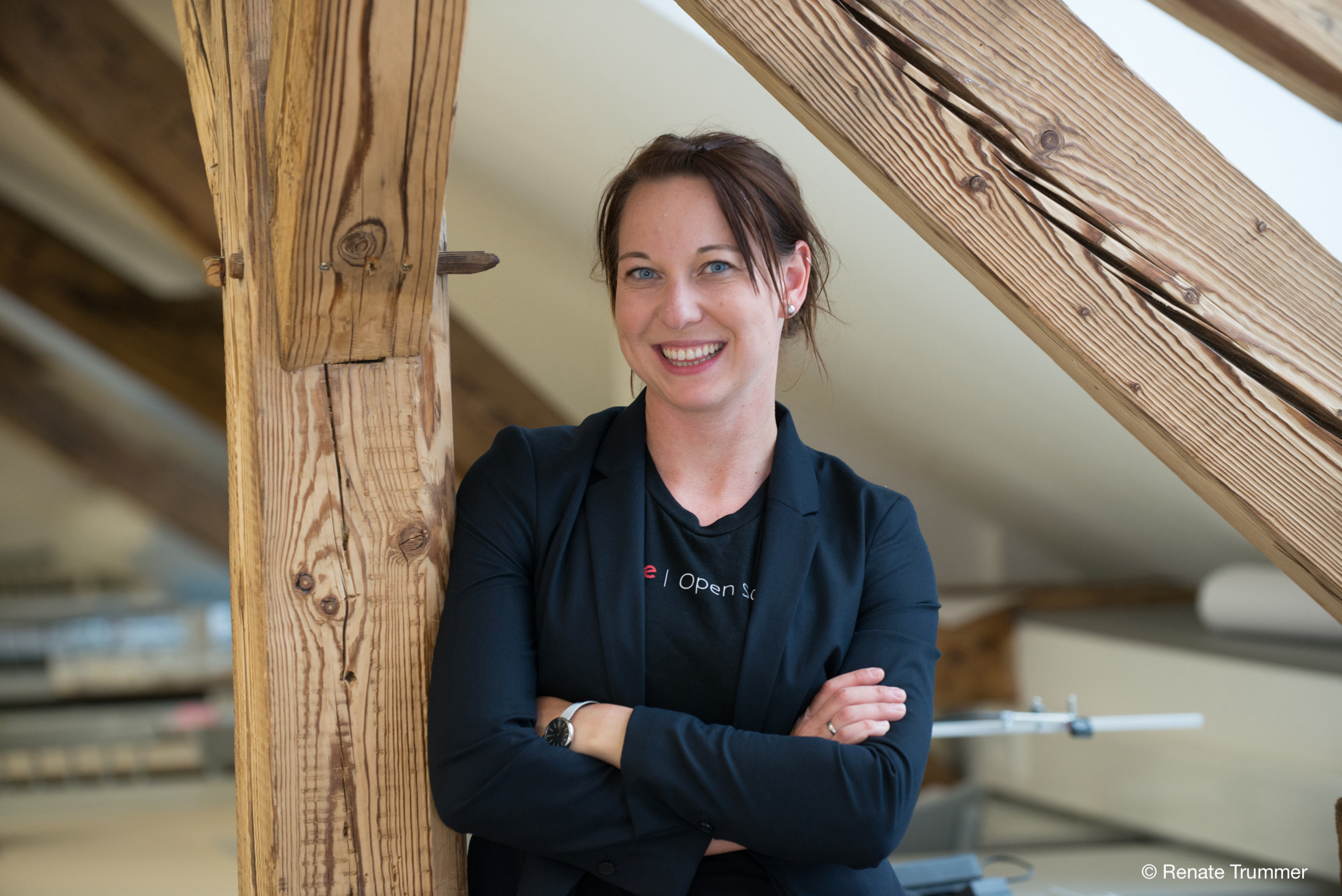by the Her Maths Story team
On October 17th, we hosted a digital screening of the documentary Counted Out. This would not have been possible without the generous support of the Counted Out team and we would especially like to thank the director Vicki Abeles for this opportunity.
About the Film
Counted Out explores the invisible yet powerful role of mathematics in shaping our society. In today’s information economy, maths determines so much of our world — from who we date and the news we see, to the elections we vote in and the jobs we get. Through a blend of personal stories, expert interviews, and classroom scenes, the film asks a crucial question: What happens when only a small fraction of society feels confident engaging with maths and what could change if everyone did?
The documentary challenges the idea that being “a maths person” is an innate trait. Instead, it invites us to see maths as a language of empowerment — one that should be accessible to all, not reserved for a select few.
The film highlights a number of influential educators and the remarkable initiatives they have brought to life. A full list of contributors can be found here. Among those featured is civil rights activist Bob Moses, founder of The Algebra Project, an organisation that uses mathematics as a vehicle for social change and advocates for high-quality education for every child in the United States. Karim Ani is also profiled for his work on Citizen Math, a programme that offers immersive, real-world mathematics lessons for students in grades 6–12. The documentary further highlights Math for Love, an initiative created by Dan Finkel devoted to transforming mathematics teaching and learning through engaging games and innovative curriculum design.
The Screening
Before the screening began, we gathered briefly on Zoom to welcome participants and introduce the film. There were participants with various backgrounds, including a PhD student, a science communicator, and a maths educator. Then, everyone went on to watch the documentary. After the screening, our group came together again for a 40-minute discussion. All participants agreed that they enjoyed the film a lot.
Although it focuses primarily on the U.S. education system, its themes felt universal: from the early division of students into “maths” and “non-maths” categories to maths teaching at school being very different from maths taught at university level.
Several ideas stood out in our conversation: Math is for everyone. All children are mathematically talented; it’s the environment, not the individual, that determines how that talent develops. Good teachers make the difference. The challenge of finding and supporting teachers who can teach math effectively and empathetically was a recurring topic. Belonging matters. Especially for women and underrepresented groups, it can take years to feel accepted at the “maths table”. We need to keep that table open, and keep pulling up more chairs.
As one participant noted, “teachers should not judge maths students but focus on teaching them on different levels”. It’s a reminder that inclusion begins in the classroom but must also extend into workplaces, communities, and beyond.
What We Can Do
So what can each of us do to contribute to change?
We can support and uplift others, especially those from minority backgrounds. We can challenge stereotypes about who belongs in maths. And we can continue to create spaces for open conversation about how mathematics shapes our world and who gets to participate in that shaping.
Join the Movement
If you missed this screening, there are more opportunities to engage:
🎬 Join an upcoming screening: countedoutfilm.com/screenings
🎥 Host your own: countedoutfilm.com/host-a-screening
And, most importantly, take some time to reflect on the film’s core message:
Maths is not just about numbers — it’s about power, access, and inclusion.
When more of us see ourselves as “maths people,” we can shape a world that works for everyone.
Published on December 3, 2025.





Recent Comments